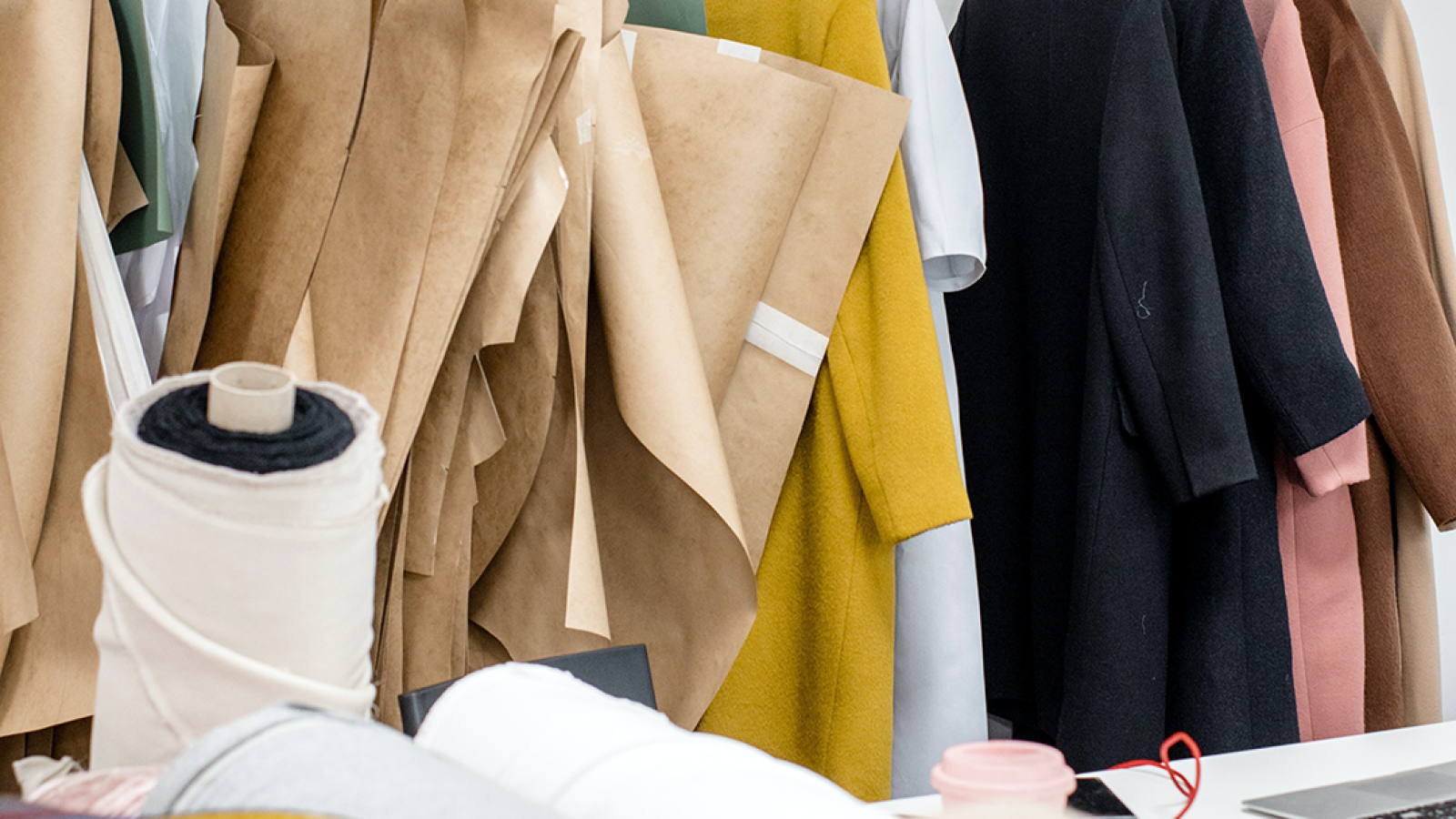In recent years, the cannabis industry has exploded in popularity, with many companies and entrepreneurs looking to capitalize on the growing demand for cannabis products. While cannabis certainly has its place in the market, it’s important not to overlook another plant that has been used for centuries: hemp.
Hemp is a versatile plant that has been used for everything from textiles to building materials to food and nutrition products. Despite its many uses and potential benefits, hemp has been overshadowed by the rise of the cannabis industry. In this blog post, we’ll take a closer look at why hemp must not be overlooked, and we’ll highlight five by-products of hemp that are gaining popularity in the South African market.
Why Hemp Must Not Be Overlooked
- Versatility: One of the key advantages of hemp is its versatility. Hemp can be used to make a wide range of products, from textiles to food to cosmetics. This means that there are many opportunities for entrepreneurs and businesses to explore different markets and find new uses for the plant.
- Sustainability: Hemp is also a sustainable crop that requires fewer resources and inputs than other crops. It is naturally resistant to pests and diseases, and it requires less water and fertilizer than many other crops. This makes it an attractive option for farmers and businesses looking to minimize their environmental impact.
- Legalization: While cannabis remains illegal in many parts of the world, including South Africa, hemp has been legalized for industrial use. This means that businesses and entrepreneurs can legally grow and process hemp in South Africa, opening up new opportunities for growth and innovation.
5 By-Products of Hemp and Their Approximate Setup Cost in Rands
- Hempcrete: Hempcrete is a building material made from hemp fibers, lime, and water. It is an eco-friendly alternative to traditional building materials like concrete, and it has excellent insulation properties. The approximate setup cost for a small-scale hempcrete production facility is around R500,000, while a large-scale facility could cost up to R10 million.
- Hemp Textiles: Hemp fibers can be used to make a variety of textiles, from clothing to upholstery to industrial fabrics. Hemp textiles are durable, breathable, and eco-friendly. The approximate setup cost for a small-scale hemp textile production facility is around R2 million, while a large-scale facility could cost up to R100 million..
- Hemp Paper: Hemp fibers can also be used to make paper products, including stationary, packaging, and printing paper. Hemp paper is more sustainable and eco-friendly than traditional paper made from wood pulp. The approximate setup cost for a small-scale hemp paper production plant is around R1.5 million, while a large-scale plant could cost up to R50 million.
- Hemp Food and Nutrition Products: Hemp seeds are a nutritious source of protein, healthy fats, and fiber. They can be used to make a variety of food and nutrition products, including hemp milk, hemp oil, and protein powder. The approximate setup cost for a small hemp food and nutrition production facility in South Africa is around R200,000 while a large-scale facility could cost up to R20 million.
- Hemp Cosmetics: Hemp oil is a popular ingredient in cosmetics and personal care products due to its moisturizing and anti-inflammatory properties. It can be used to make everything from skin creams to shampoo to lip balm. The approximate setup cost for a small hemp cosmetics production facility in South Africa is around R250,000 while a large-scale facility could cost up to R100 million.
In conclusion, while the cannabis industry is certainly making its mark, it’s important not to overlook the potential of hemp. From building materials to textiles to food and nutrition products, hemp has many uses and benefits that are just waiting to be explored. With its versatility, sustainability, and legalization for industrial use, hemp presents a unique opportunity for entrepreneurs and businesses looking for a new and industrious opportunity.


[…] hurd can be processed into fiber to create textiles with excellent breathability and durability. Hemp clothing is known for its eco-friendly and hypoallergenic […]